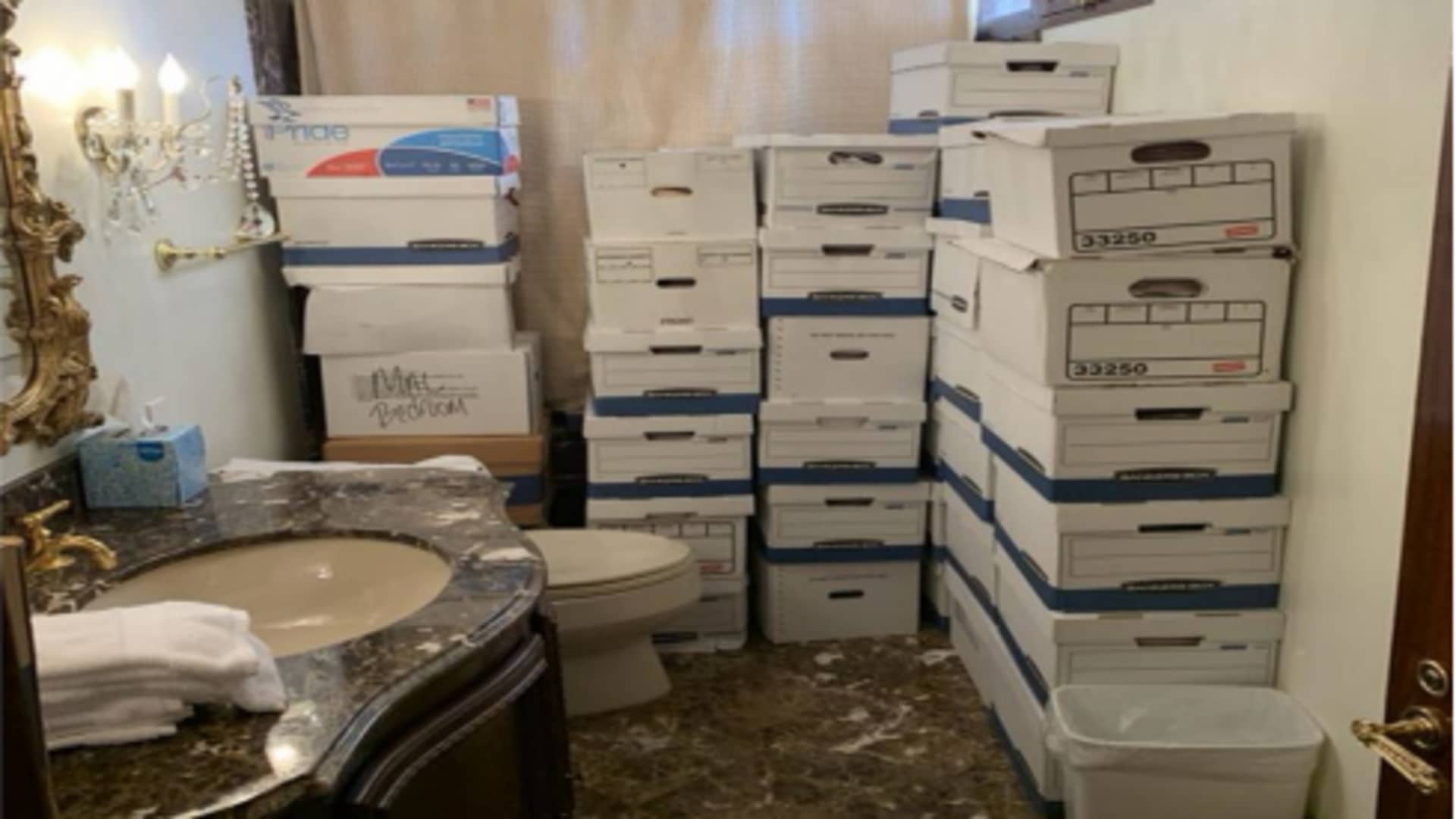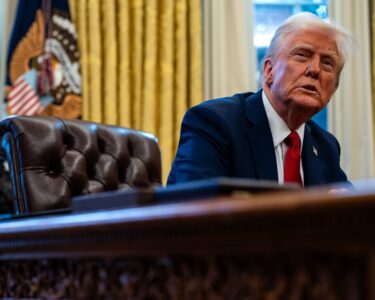Federal prosecutors on Monday said former President Donald Trump is seeking “special treatment that no other defendant would receive” in the criminal case accusing him of retaining classified documents at his Florida club after leaving the White House.
Prosecutors told Judge Aileen Cannon that Trump is not entitled — as he has requested — to review or discuss any classified information in the case in a newly constructed sensitive compartmented information facility in one of his homes.
“Creating a secure location in Trump’s residence — which is also a social club — so he can discuss classified information would be an unnecessary and unjustified accommodation that deviates from the normal course of cases involving classified discovery,” prosecutors wrote in a filing in U.S. District Court in Southern Florida.
Read more of CNBC’s politics coverage:
“In essence, he is asking to be the only defendant ever in a case involving classified information (at least to the Government’s knowledge) who would be able to discuss classified information in a private residence,” the filing said.
Prosecutors want Cannon to order that Trump and his lawyers only be allowed to discuss classified information within special secured locations, also known as SCIFs.
The filing said that the proposed protective order that prosecutors are seeking “reflects standard procedures for handling classified information in criminal cases and is consistent with the law.”
Trump, “on the other hand, seeks special treatment that no other criminal defendant would receive and that is unsupported by law or precedent” by asking that a SCIF be built at one of his homes, prosecutors wrote.
Trump has pleaded not guilty in the case, where he also is accused of trying to hide from government officials the boxes of records he was keeping at his Mar-a-Lago club in Palm Beach.
Prosecutors in their filing said Trump’s Mar-a-Lago Club “is even less suited than most residences to host a secure location, because it is a social club.”






